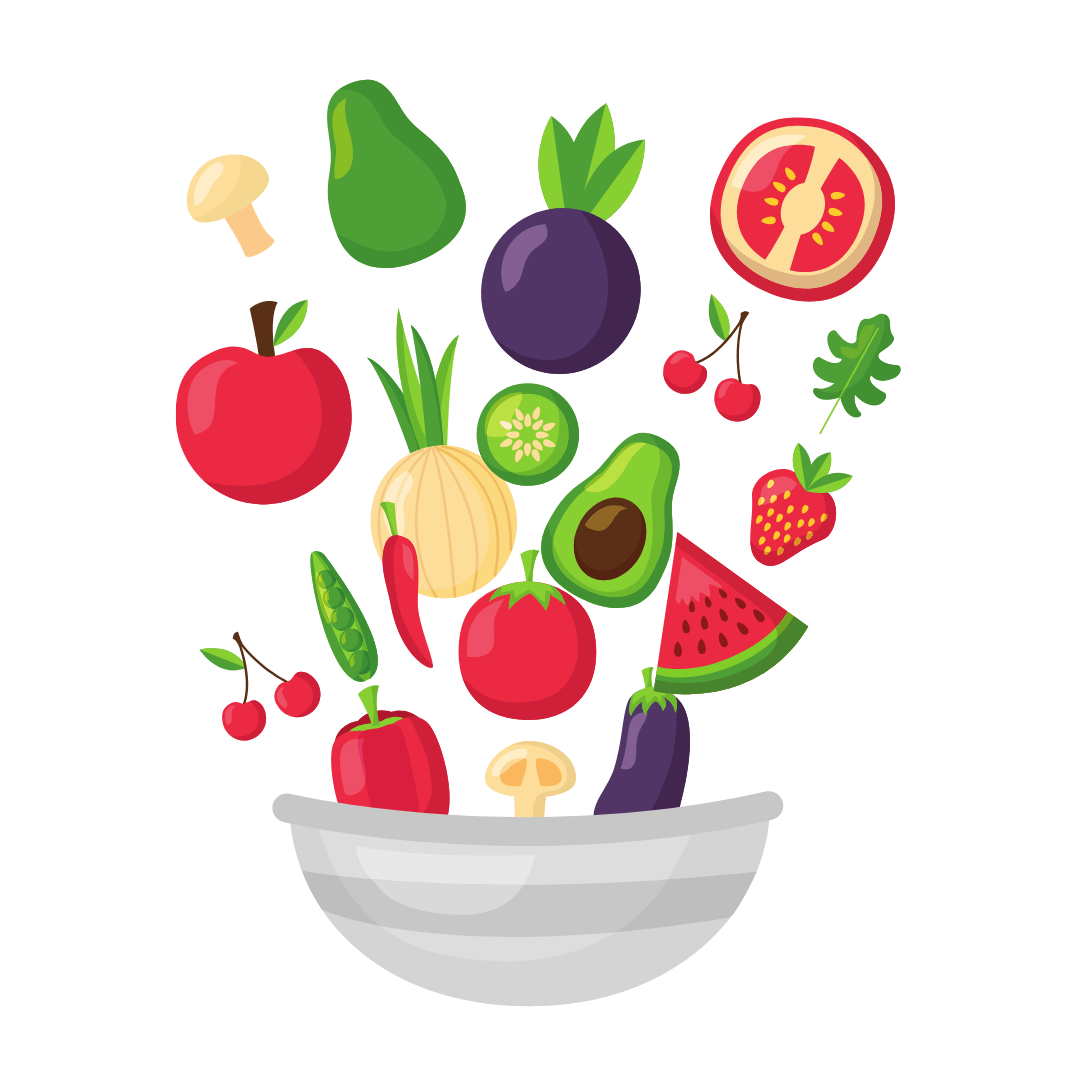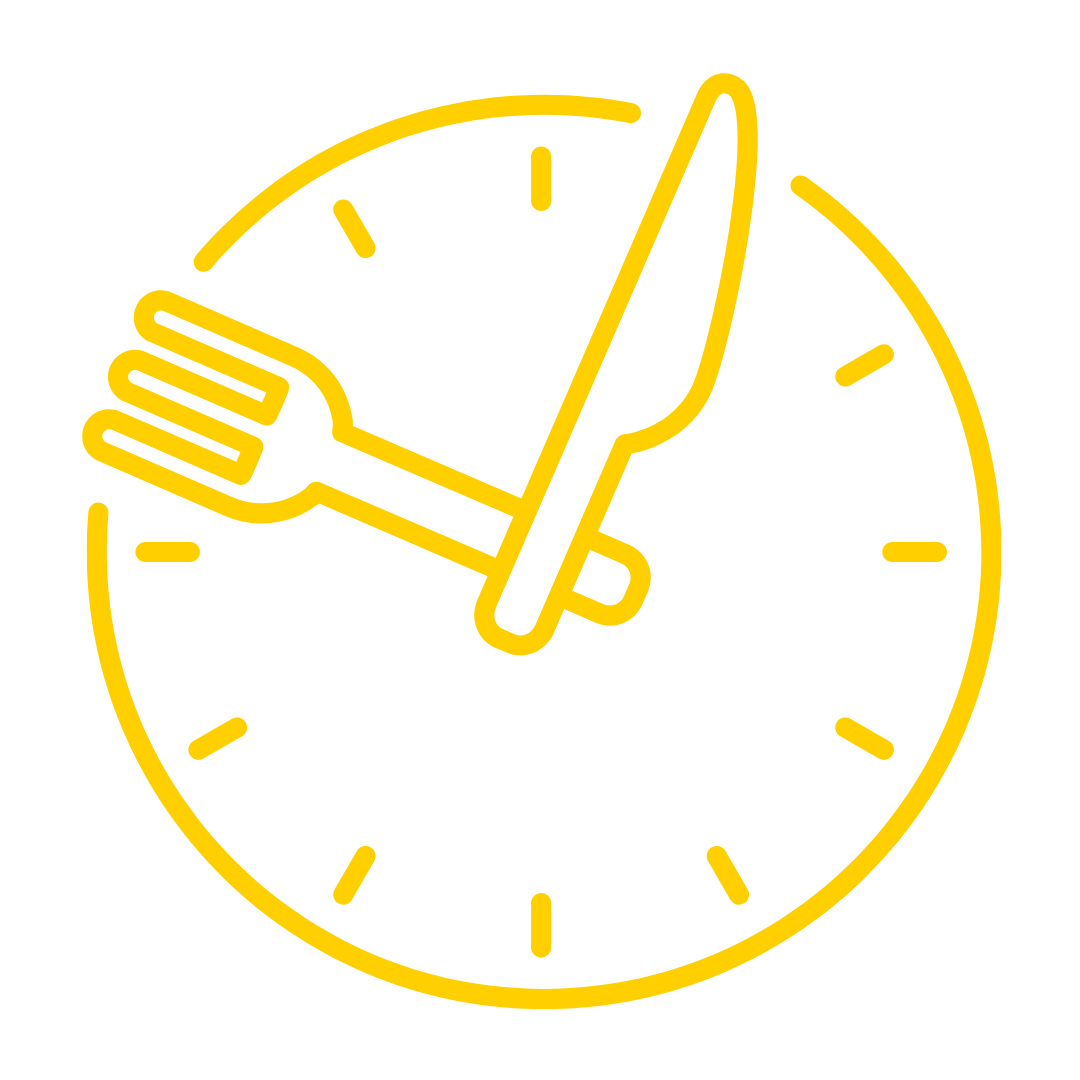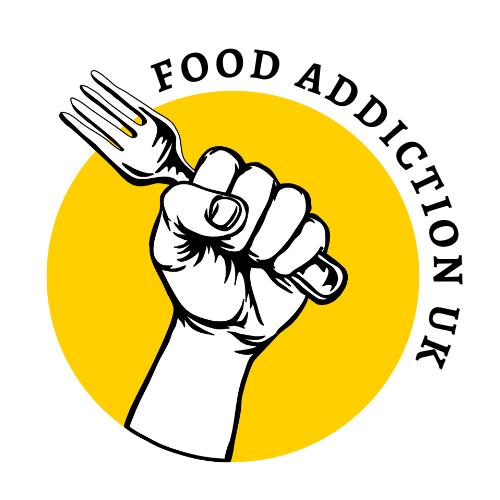Understanding the Impact of Processed Foods on Recovery
When you’re on the journey of food addiction recovery, one of the biggest challenges can be navigating the world of processed foods. They’re everywhere - lining supermarket shelves, offered at social gatherings, and often marketed as convenient or “healthy enough.” But for many people recovering from food addiction, processed foods can act as powerful triggers, making it harder to stay on a stable, nourishing path.
This isn’t about demonising food or following restrictive foods, it’s about understanding what processed foods actually do in the body and brain, and how they can affect your cravings, emotions, and long-term recovery.
Let’s explore why processed foods can be so problematic in recovery, how to identify them, and how to make compassionate choices that support your healing - without fear, shame or guilt.
What Are Processed Foods?
Most food is processed in some degree. Freezing vegetables, chopping fruit, or pasteurising milk are all forms of processing. But when we talk about “processed foods” in the context of food addiction, we’re usually referring to ultra-processed foods. These are foods that have been heavily altered from their original form using industrial ingredients like:
Refined sugars and artificial sweeteners
Refined flours
Industrial oils
Flavour enhancements (like monosodium glutamate)
Preservatives, emulsifiers, and colourings
Think: Packaged crisps, ready meals, fizzy drinks, pastries, chocolate bars, fast food, and even many “low-fat” or “diet” products.
Why Are Processed Foods So Triggering in Recovery?
1. They Hijack the Brain’s Reward System
Processed foods are specifically engineered to be hyper-palatable - meaning they hit the sweet spot of salt, sugar, and fat in ways that are incredibly rewarding to the brain. When you eat them, your brain releases a surge of dopamine (a feel-good chemical), which can temporarily relieve emotional pain, boredom, or stress. But here’s the catch: the more you eat these foods, the more your brain starts to crave that same chemical hit - not because you’re weak or lack willpower, but because your brain is doing exactly what it was designed to do: seek pleasure and avoid discomfort. This can create a loop that’s hard to break, especially if you’re already using food as a way to cope emotionally.
2. They Disrupt Hunger and Fullness Signals
Processed foods are often low in fibre and protein but high in calories, which means they’re digested quickly and don’t keep you satisfied for long. This can lead to overeating, grazing, or feeling hungry again soon after a meal, even if your body doesn’t actually need more food. Over time, this can erode your ability to recognise genuine hunger and fullness cues, making it harder to eat intuitively.
3. They Can Affect Mood and Energy Levels
Many people in recovery report mood swings, fatigue, or brain fog after eating processed foods. This is often due to rapid spikes and crashes in blood sugar, caused by refined carbohydrates and sugar. When your blood sugar crashes, so does your mood, and cravings for more sugar often follow. This cycle can be exhausting and disheartening, especially if you’re trying to build a calmer, more stable relationship with food.
But I Feel Addicted to These Foods - What Now?
First, you’re not alone. Many people with food addiction find that certain processed foods feel like “trigger foods” - ones that set off a binge or make it hard to stop at one portion. This isn’t a personal failure. It’s a sign that your brain has formed a strong association between those foods and relief, reward, or comfort. Part of recovery is learning to notice these triggers and respond to them with curiosity rather than shame. You might find it helpful to ask:
What am I really feeling before I reach for this?
Foes this food make me feel better or worse afterward?
Is there a nourishing alternative that might still feel comforting?
What About Moderation?
For some people, occasional processed foods can fit into recovery without too much disruption. For others, they’re a slippery slope. There is no one-size-fits-all answer. The goal is not perfection, it’s awareness and self-compassion. If a particular food sends you into a spiral of cravings or shame, it might be worth reducing or avoiding it for now, not as punishment, but as protection. Like avoiding alcohol in early sobriety, it’s about creating a safer space for healing.
Simple Ways to Support Your Recovery Without Overwhelm
You don’t have to overhaul your whole diet overnight. Here are some gentle steps that can help reduce reliance on processed foods and bring more balance into your day:
Focus on Additions, Not Restrictions
Instead of obsessing over what to cut out, try adding more:
Whole fruits and vegetables
Lean proteins (beans, fish, eggs, chicken)
Whole grains (oats, brown rice, quinoa)
Health fats (nuts, avocado, olive oil)
Water and herbal teas
Over time, these foods help stabilise blood sugar and cravings naturally.

Eat Regular Meals
Skipping meals often leads to overeating later. Try to eat regularly throughout the day, even if it’s just something simple and grounding.

Track Your Triggers with Kindness
Keep a gentle food/mood journal to notice patterns, but skip the calorie counting. This is about understanding yourself, not controlling yourself.

Prepare When You Can
Batch cooking or having go-to meals/snacks on hand makes it easier to avoid processed foods in moments of fatigue or emotional overwhelm.

Final Thoughts: Progress, Not Perfection
Food addiction recovery is not about becoming a perfect eater. It’s about becoming a more connected on - listening to your body, understanding your brain, and offering yourself support instead of shame. Processed foods might always be a part of the world around you, but they don’t have to control your world any more. With time, awareness, and support, you can lean to make choices that feel aligned with your values, your health, and your peace of mind.
You deserve nourishment - not just in your body, but in your heart and mind too.
Copyright © 2025 · Food Addiction UK



